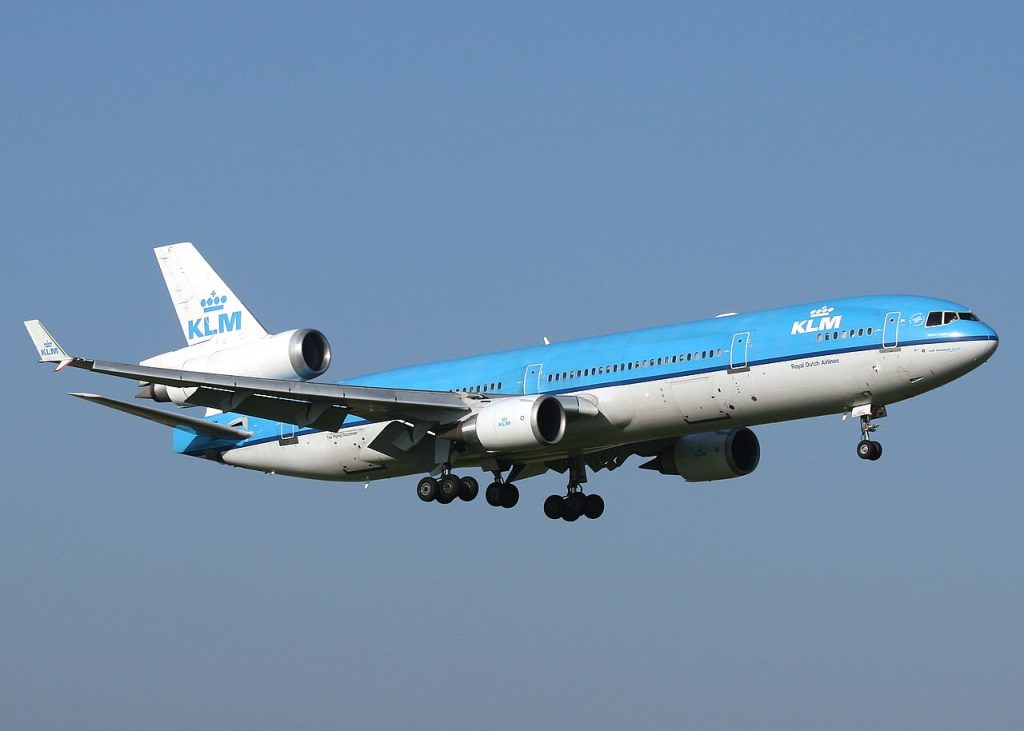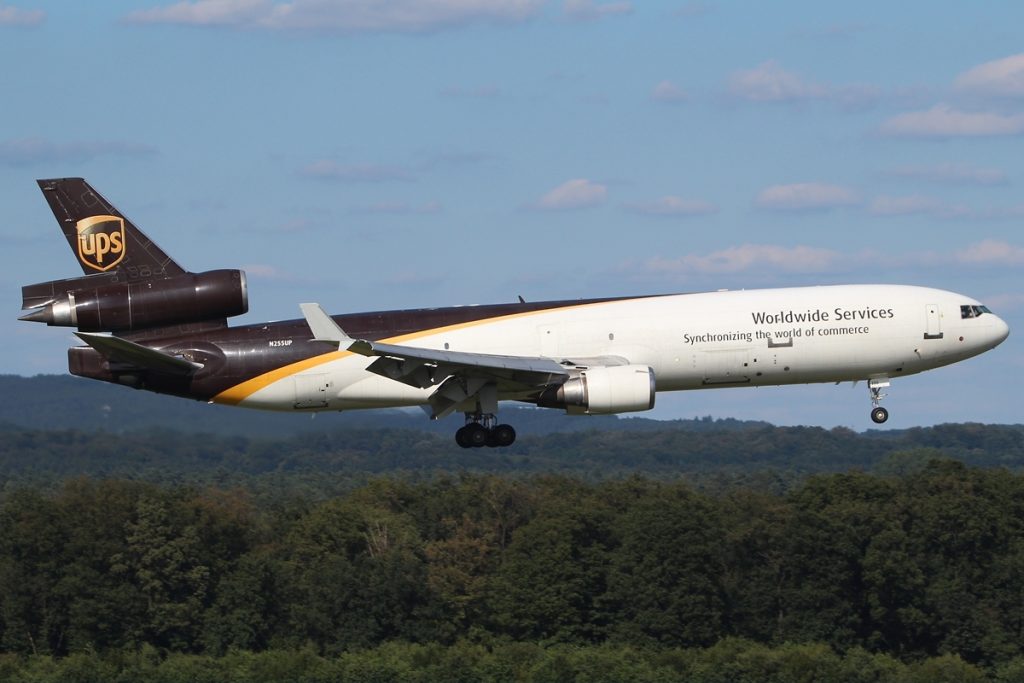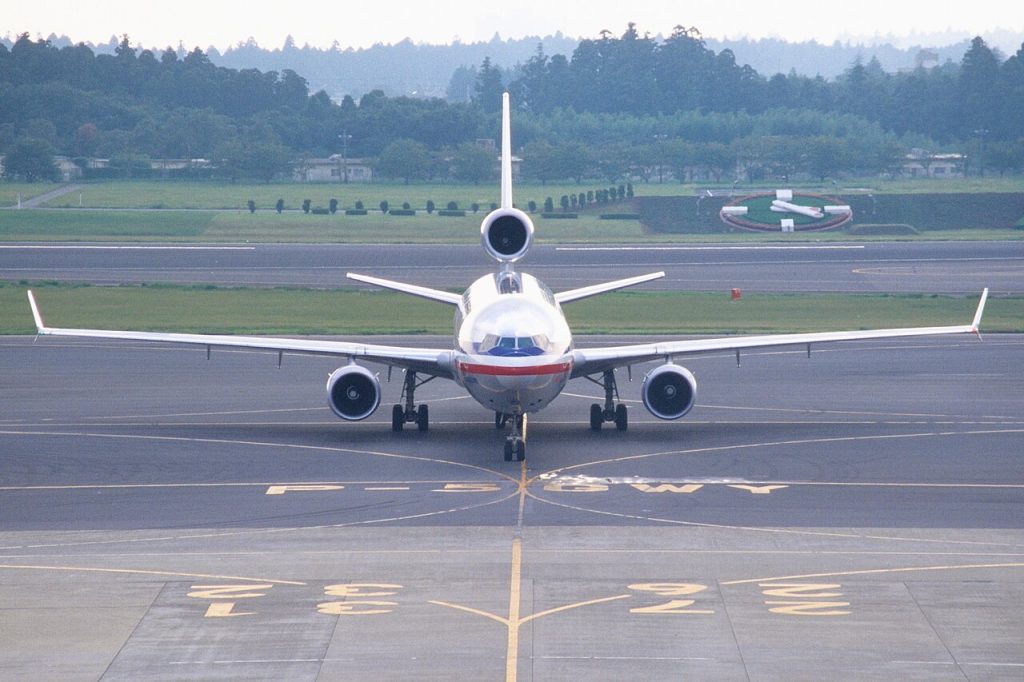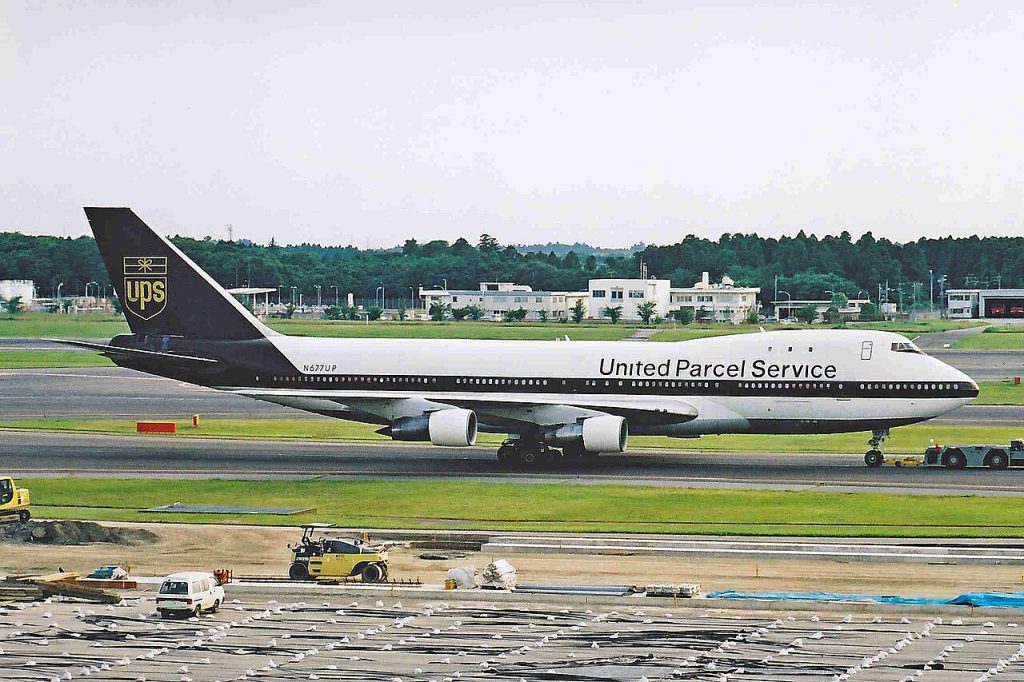
A single moment in the sky has left deep devastation on the ground? The fatal UPS cargo plane crash in Louisville has left a city in mourning, an industry seeking answers, and families facing the unimaginable. As investigators recreate those last seconds before impact, the community reaches out to help one another hold onto hope through the pain.

1. The Final Moments Before Impact
UPS Flight 2976, a McDonnell Douglas MD-11 bound for Hawaii, sped down Runway 17R at Louisville Muhammad Ali International Airport on November 4. Witnesses saw flames trailing the aircraft before it struck two businesses a petroleum recycling facility and Grade A Auto Parts scattering debris over half a mile. NTSB member Todd Inman confirmed that “about 37 seconds after the crew called for takeoff thrust, a repeating bell was heard on the CVR, which persisted until the end of the recording 25 seconds later.” During those seconds, the crew fought to control the plane before it slammed into the neighborhood.

2. A Community Mourns Its Own
The Louisville coroner confirmed 14 victims, including three UPS crew members: Capt. Richard Wartenberg, First Officer Lee Truitt, and International Relief Officer Capt. Dana Diamond. The others were on the ground, including 3-year-old Kimberly Asa and her grandfather, Fedon, who were called “best friends” and inseparable by family. Mayor Craig Greenberg wrote, “On behalf of the entire city, we honor their lives, we grieve with their families, and we stand together in sorrow.”

3. The Investigation: Engine Detachment Under Scrutiny
The FAA grounded all MD-11 aircraft after investigators concluded the left-hand engine and its pylon detached at takeoff. Inman explained that most of the pylon was still attached to the engine when it separated from the wing. Both pieces are now in a secure facility being analyzed. NBC’s Tom Costello said, “The NTSB is focused on that wing, on that number one engine on the left side, why did it detach. Did that pylon become unstable during a recent maintenance check or is there a systemic issue with the MD-11 fleet worldwide?”

4. Industry Response and Safety Measures
UPS and FedEx have grounded their fleets of MD-11s “out of an abundance of caution.” The grounded planes comprise about 9% of UPS’s fleet, but the company reports that contingency plans are in place, and it is continuing to operate. The Louisville hub, its largest, has returned to normal, processing more than 400,000 packages an hour.

5. Why Plane Crashes Feel So Personal
According to experts, aviation disasters trigger intense emotional responses because of the media amplification effect: vivid coverage increases perceived risk. This anxiety can persist, especially when tragedies occur closer to home. Limiting exposure to repetitive, graphic news could help reduce stress while keeping up to date with credible sources of information.

6. Coping With Collective Grief
The sudden and traumatic nature of the crash increases the risk of what experts call Traumatic Grief. “Intense and unfamiliar emotionality is entirely normal in the aftermath of disaster bereavement,” says Katherine Shear, PhD, of the VA. Supportive interventions, such as grief counseling, community vigils, and keeping connected with others, can facilitate survivors’ and witnesses’ ability to deal with loss. Louisville residents have organized candlelight vigils, offering spaces to share memories and comfort one another.

7. Supporting Children Through Tragedy
Children exposed to disaster may have sleep disturbances, clinginess, or physical complaints such as headaches. Limit their exposure to distressing media, maintain routines, and encourage open conversation. Caring adults can reassure children by emphasizing the helpers-first responders, neighbors, and community members-who are helping to keep everyone safe.

8. Steps for Personal Recovery
For adults coping with disaster-related grief, experts suggest a regular self-care practice to include healthy eating, hydration, rest, and restorative activities. Avoid using alcohol or drugs as means to cope with the turmoil; if distress remains high several weeks afterward, then seek professional support. Mindfulness practices, cognitive reframing, and community engagement may enhance resilience.

9. The Long Road to Answers
The preliminary report from the NTSB should be made available within the next 30 days, although a full investigation could take as long as two years. Inman said recovery efforts for victims would continue to be a priority alongside any technical analysis. The FBI is supporting forensic recovery, which is common in all aviation accidents. Even in the midst of investigation, the strength of Louisville is manifest in the sharing of grief, in the memory of lost lives, in the quiet ways of care that remind this city it is not alone.


